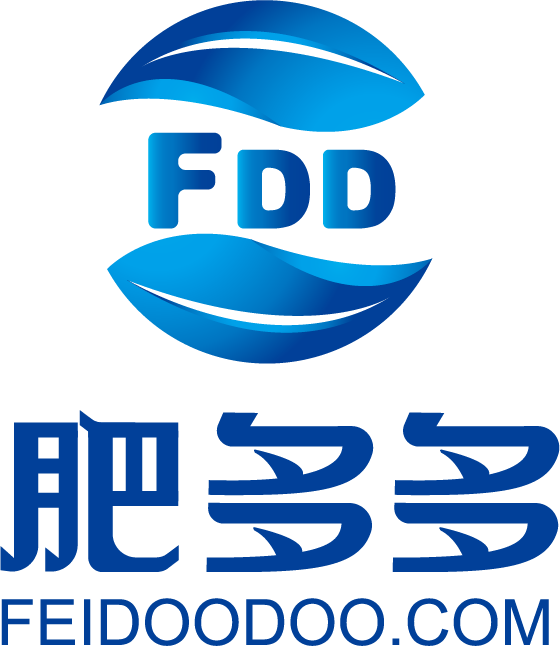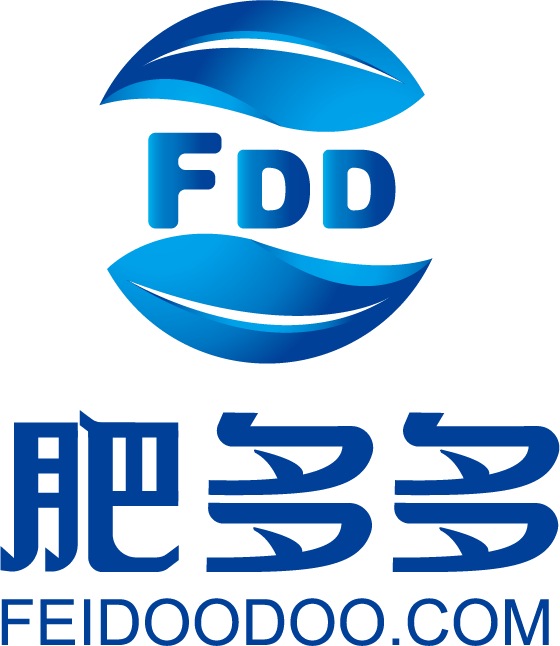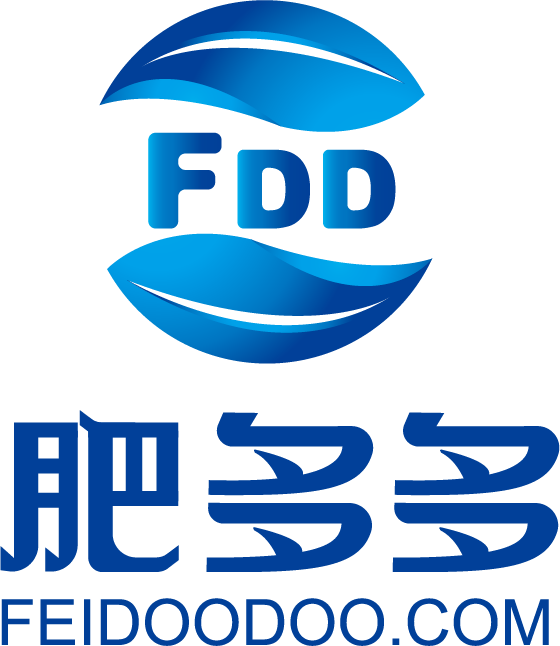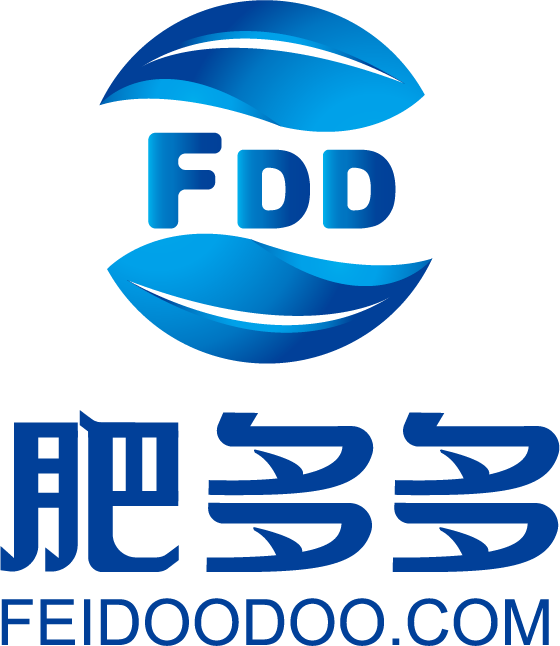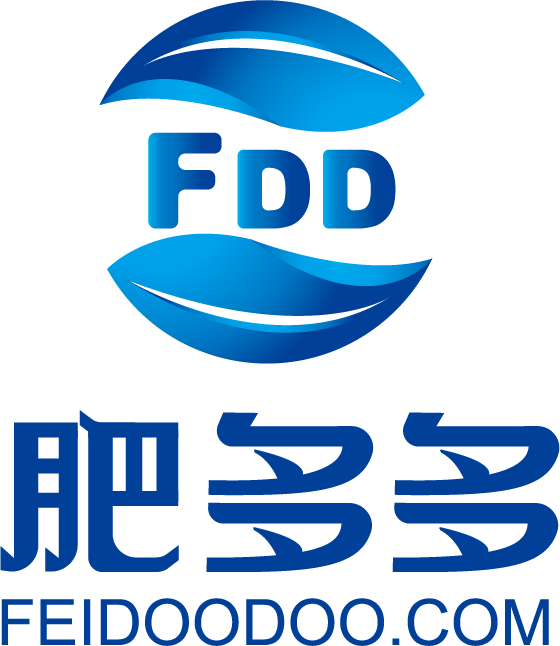European natural gas prices surged by 40%, how did global nitrogen fertilizer fluctuate?
In the past week, natural gas prices in Europe rose by about 40%, posing a renewed challenge to nitrogen production in the region. The spot price at the TTF hub reached a high of 53 euros/MWh yesterday, squeezing the profit margins of agricultural urea and nitrate producers.
The main reasons for the rise in natural gas prices are significant weather fluctuations, escalating energy security issues, and uncertainties regarding Bulgaria's new tax impact on Russian natural gas transportation.
Argus estimates that even for the most efficient granular urea plants, with a natural gas cost of 53 euros/MWh, their production cost would be around 425 euros/ton. Older facilities would have costs nearing 470 euros/ton. A week ago, these costs were reduced by 100 euros/ton, making production profitable. In the past two weeks, the granular urea spot market prices in most of Northern Europe, the Mediterranean, and Eastern Europe have generally remained around 420-425 euros/ton FCA.
Granular urea avoids the additional energy costs of granulation, with estimated production costs ranging from 360 to 400 euros/ton, while the market price in Benelux this week is about 415 euros/ton FCA.
Based on current market values, calcium ammonium nitrate and ammonium nitrate appear to be marginally profitable. In the past two months, the price of calcium ammonium nitrate has dropped by about 10%, with the main reference price in Germany now at about 310-315 euros/ton. The production cost is estimated at 290-315 euros/ton. Ammonium nitrate producers face similar challenges, with production costs estimated at 330-360 euros/ton.
The decreased affordability in 2021 and 2022 led to a significant increase in nitrogen prices, as many factories were shut down for extended periods, leading to large imports of urea and ammonium sulfate to compensate for the loss in production.
However, the supply situation is not that bad. Previously, producers faced potential losses of hundreds of euros per ton of fertilizer. In fact, factories, including Romania's Azomures and Croatia's Petrokemija, have recently resumed some production. Buyers are also reluctant to store large amounts of price risk before agricultural demand, as agricultural demand in Europe is still at a seasonal low.
- International Fertilizer Market - Potash Giants Report First Quarter: Signs of Recovery in Potash Demand! Meanwhile, Russian Fertilizer Exports to the US Reach Annual High2669
- Phosphate Fertilizer Weekly Report: Supported by Pending Orders and Costs, Firm Prices2351
- Urea Weekly Review: Cautious Buying and Slow Follow-Up, Prices Hold Steady2455
- Urea Daily Review: Weakened Supply-Demand Support, Enterprises Lower Prices to Attract Orders2487
- Phosphate Fertilizer Daily Review: Pending Orders Support Prices, Stability in the Short Term2401

